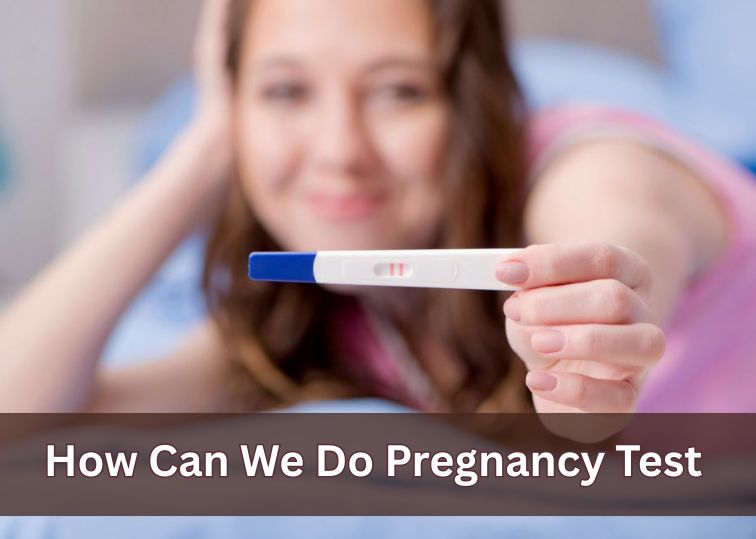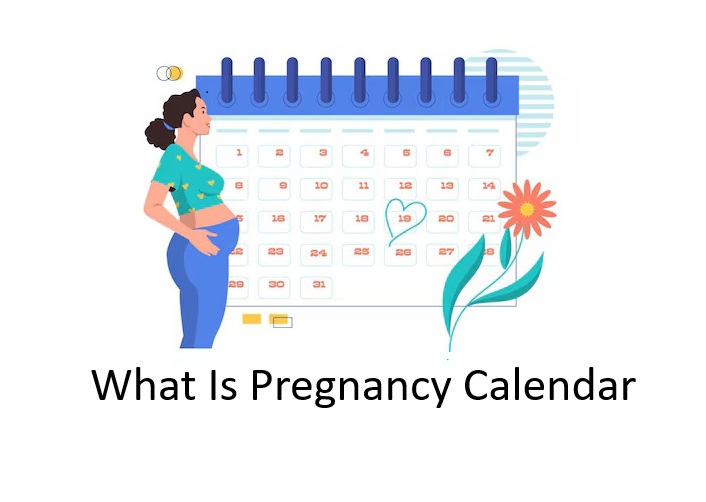Home pregnancy testing is the most prevalent type of pregnancy testing. Home testing can easily be purchased off-the-shelf from pharmacists and undertaken in the privacy of one’s home. A woman either urinates onto a test stick or immerses a test stick in a urine specimen. The test contains antibodies that can detect hCG and give a favorable result if the hormone is present. Accuracy: With acumen, pregnancy tests carried out at home are almost always precise. Care Response level: The answer falls between 97 and 99%. Timing is, however, vital when conducting pregnancy tests. The finest period to conduct the test is after a skipped period when hCG levels are most equally anticipated to be present. Conducting the test too soon will produce a false negative result.
Types of Pregnancy Tests
Home Pregnancy Tests (Urine Tests)
Home pregnancy testing is the most common type of pregnancy testing. Home pregnancy tests can be bought over-the-counter from pharmacies and are designed to be used at home. A woman simply urinates on a test stick or places the stick into a urine sample. The test contains antibodies that will react with hCG, and if the hormone is present, the test will be positive.
Accuracy: Pregnancy tests taken at home are usually accurate, with their range of accuracy being in the region of 97% to 99%. Timing of the test is, however, crucial. The best time for taking the test is after a missed period when hCG levels are most likely to be detectable. Taking the test too early will yield a false negative result because the level of hCG may not be high enough to be detected.
How They Work: The test usually has a control window to indicate whether the test is complete and a test window that indicates the result. If the woman is pregnant, in the test window a colored line, symbol, or words such as “Pregnant” can be viewed. If she is not pregnant, there will not be any line or symbol in the test window, or another symbol, such as “Not Pregnant,” may appear.
- Blood Pregnancy Tests
Blood tests are more sensitive and accurate than urine tests. They are commonly done in a doctor’s office or clinic. There are two blood tests used for pregnancy:
Qualitative hCG test: This test only detects the presence of hCG in the blood. It gives a yes or no result and determines whether or not the woman is pregnant.
Quantitative hCG test (Beta hCG test): It checks how much hCG is found in the blood. It can help the clinician in other ways too—for instance, gauging the probable gestational age, or in the case of anomalies in a pregnancy, like a possible miscarriage or ectopic pregnancy.
Accuracy: Blood tests ascertain pregnancy as much as a week earlier than urine tests approximately 6-8 days post ovulation because they can identify much smaller hCG levels. They are blood tests that are much more accurate than urine tests, as in many cases it is urine tests that are the more unreliable method.
- Digital Pregnancy Tests
Digital pregnancy tests are a newer type of home pregnancy test. They are similar to regular urine tests but instead of lines or symbols, they have a digital indicator that reads “Pregnant” or “Not Pregnant.” They cost more than regular home tests, but they can be more definitive, particularly for women who have trouble reading lines on the test.
- Early Detection Pregnancy Tests
Early detection tests are over-the-counter pregnancy tests designed to detect lower hCG concentrations. They claim to be sensitive enough to take a few days before a missed period. Their accuracy may not be the same following a missed period, however. These tests are tempting to women who wish to find out as soon as possible if they are pregnant, but the likelihood of false negatives is higher if taken too early.
How Pregnancy Tests Work
When a women becomes pregnant a test detects the secretion of a hormone called hCG which is produced and released by the placenta. During pregnancy a women’s egg becomes fertilized and attaches/implants into the uterus. The placenta starts forming and after some time releases hCG which can be found in the urine and blood.
The test urine appliances or strips have hCG and the test is designed in a manner to exchange and bind with the hCG. The pregnancy test strips have the ability to latch onto hCG and the instant the hormones bind some form of chemical change takes place. A chemical change is produced that provides the individual with some form of illustration in the form of either a singular line or some word that describes the results.
Blood tests have been found to be more accurate than urine tests. Urine tests are less sensitive to the concentration of hCG. The concentration of hormones in the blood is always higher than the hormones in the urine. Urine barely hCG is less and blood is a constant ratio with other composition in the body.
When to Take a Pregnancy Test
When you’re doing a pregnancy test, picking the right time is very important. After a person’s period is the best time since by then the urine contains the hCG hormone. While some pregnancy tests scan a person’s urine before a period, these tests are still unreliable in the few days leading up a missed period.
Testing too soon might lead to a negative result even though a person is in fact pregnant since there might still not be enough hCG in the urine. For the best results, it’s best to wait at least a day after the missed period, the first morning urine is the best since urine is at it’s most concentrated.
Factors That Affect Pregnancy Test Results
Several factors can influence the accuracy of pregnancy test results:
- Testing too Early: Sometimes early testing results in false negatives. It is very important to stick to the time suggested by the manufacturer.
- Diluted Urine: If a woman has too many liquids before the test, the urine gets diluted. This makes the concentration of hCG, which is what we are testing for, harder to detect.
- Medications: Some drugs like hCG containing ones can lead to false positive pregnancy tests.
- Expired Tests: Using expired pregnancy tests can invalidate the results. Always check the expiration date before conducting the test.
- Interpretation of Results: Some pregnancy tests generate an evaporation line which can be confused with a faint positive line. Results must be checked during the designated time.
What to Do After a Positive Pregnancy Test
In the situation of a confirmed pregnancy and the emphasis on starting prenatal care, blood tests, ultrasounds, and observatory general healthcare resources may also be necessary.These healthcare requisites are needed irrespective of the outcomes of the pregnancy tests. If such symptoms as missed periods are accompanied by the pregnancy test, a negative result may warrant a follow-up days later, self-testing, or seeing a healthcare professional.
Conclusion
A pregnancy test is usually one of the first instruments one should utilize to determine if one is expecting a child. There are several methods of testing for pregnancy such as urine tests, and blood tests, and even more advanced methods which include digital testing, all of which have differing levels of sensitivity and accuracy. The Essence is all about the timing and the instructions. To figure out an answer, pregnancy tests are important to ensure mental peace or for avoiding complications. To answer a question whether mental peace comes from avoiding complications can be ‘yes’.



